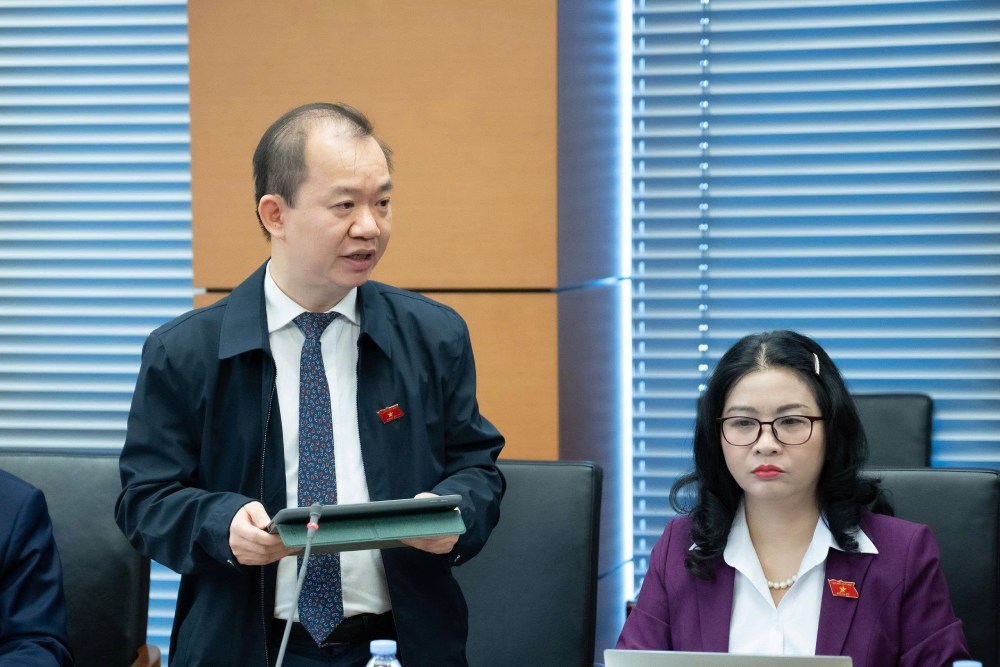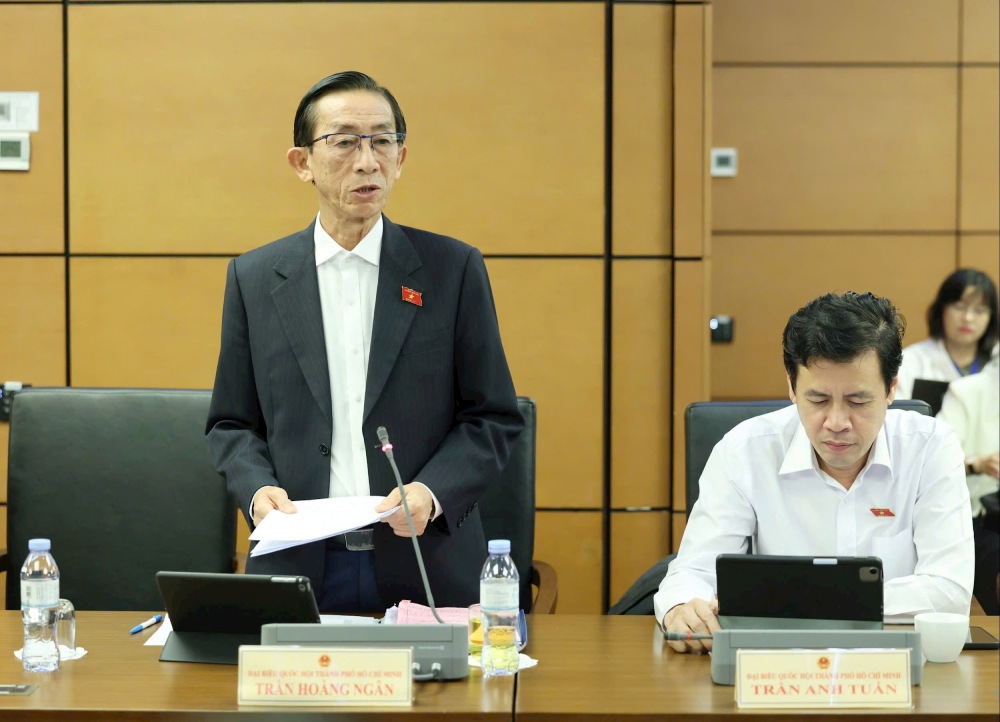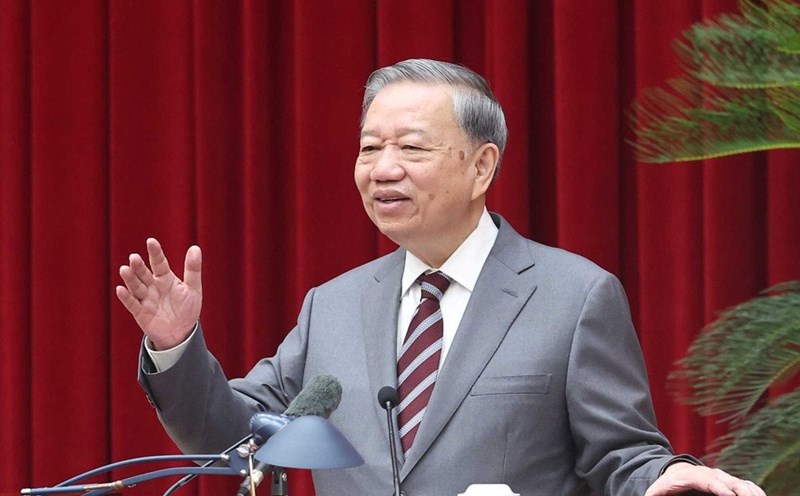Need for a framework for intellectual property valuation, helping artists raise capital with intelligence
On November 5, the National Assembly discussed in groups a number of laws, including the draft Law amending and supplementing a number of articles of the Law on Intellectual Property.
Participating in the speech, delegate Nguyen Thi Lan (Hanoi Delegation) commented that the important breakthrough in the draft is to allow intellectual property rights to be valued, contributed capital, mobilized capital or mortgaged.
"This is a very progressive step, because in the knowledge economy, the value of intellectual property often accounts for more than 70% of the total enterprise value. Brands, inventions, and technical secrets are the "soft gold" of the economy," said the delegate.
However, the delegate recommended clarifying two points: clearly defining cases of self- Valuation and cases where independent valuation is required.
For example, if the patenting or trademark is created from personal funding sources, the owner can self-assess the price; however, if using the state budget or funding from the national science and technology program, it is necessary to have an independent valuation organization and an inspection mechanism of the competent authority.
The delegate emphasized the need to soon issue criteria, processes and mechanisms to monitor valuation, avoiding the situation of "inflating prices" or "defeasioning" the value of intellectual property.

Delegate Bui Hoai Son (Hanoi Delegation) proposed to supplement the principle of responsibility for the artificial intelligence (AI) platform and the cross-border digital platform.
Considering that the draft was not clearly stated, the delegate of Hanoi proposed to add an additional clause, accordingly the platform must quickly remove violating content; prevent relocation; make transparent data used for AI training; do not commercialize AI content created based on unlicensed works.
"This is not only a legal technique but also a protection of the Vietnamese cultural foundation, a protection of Vietnamese artists and the trust of the young creative generation," he said and emphasized that it is impossible for Vietnamese artists to become free data providers for foreign AI, cannot let cultural values be absorbed as raw resources and cannot let the law follow after technology.
The number of intellectual property rights violations skyrockets
Concerned about the situation of intellectual property rights violations, delegate Tran Hoang Ngan (HCMC Delegation) stated that the reality shows that there are still many cases of intellectual property rights violations. According to the report of the Department of Intellectual Property, there were about 2,000 violations in 2024, but this year, in just 6 months, this number increased to over 3,000 cases.
In the context of the development of science, technology and the current digital environment, acts of infringing on intellectual property rights are increasingly sophisticated, from counterfeit goods, counterfeit goods to music products and digital content that are copied. In some cases, consumers cannot even distinguish between what is real and what is fake.
Therefore, protecting the intellectual property rights of businesses and individuals is extremely necessary, contributing to improving the competitiveness of businesses and the country.

The delegate suggested that the Government should have practical support policies in registering, recording, promulgating, protecting, exploiting, managing, using and developing intellectual property rights, especially for disadvantaged people such as production households, small business households, farmers, and ethnic minorities.
"When they make a product without a trademark or are not protected by intellectual property rights, the damage is huge, while the conditions and awareness to register for protection are limited," said the delegate.











